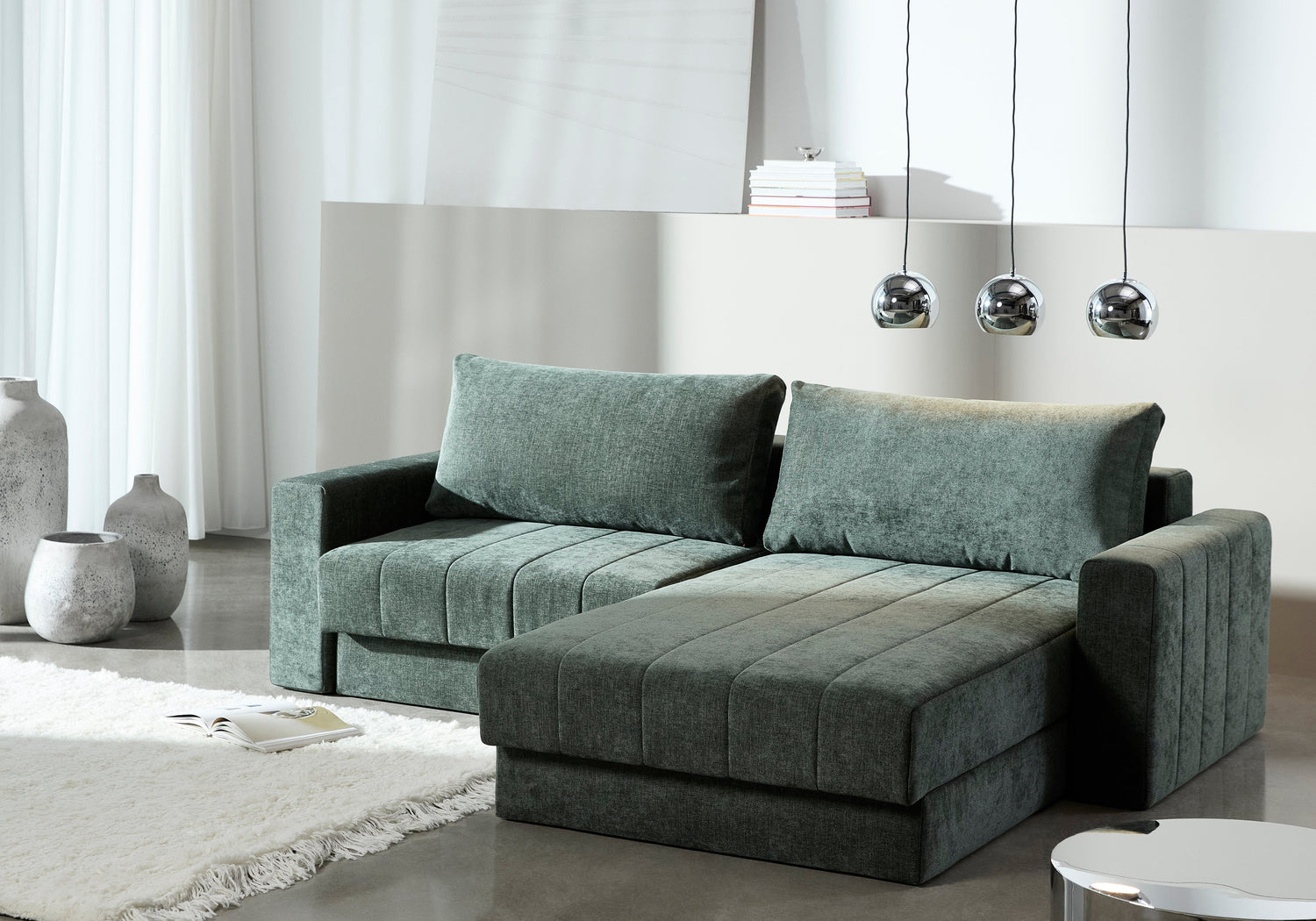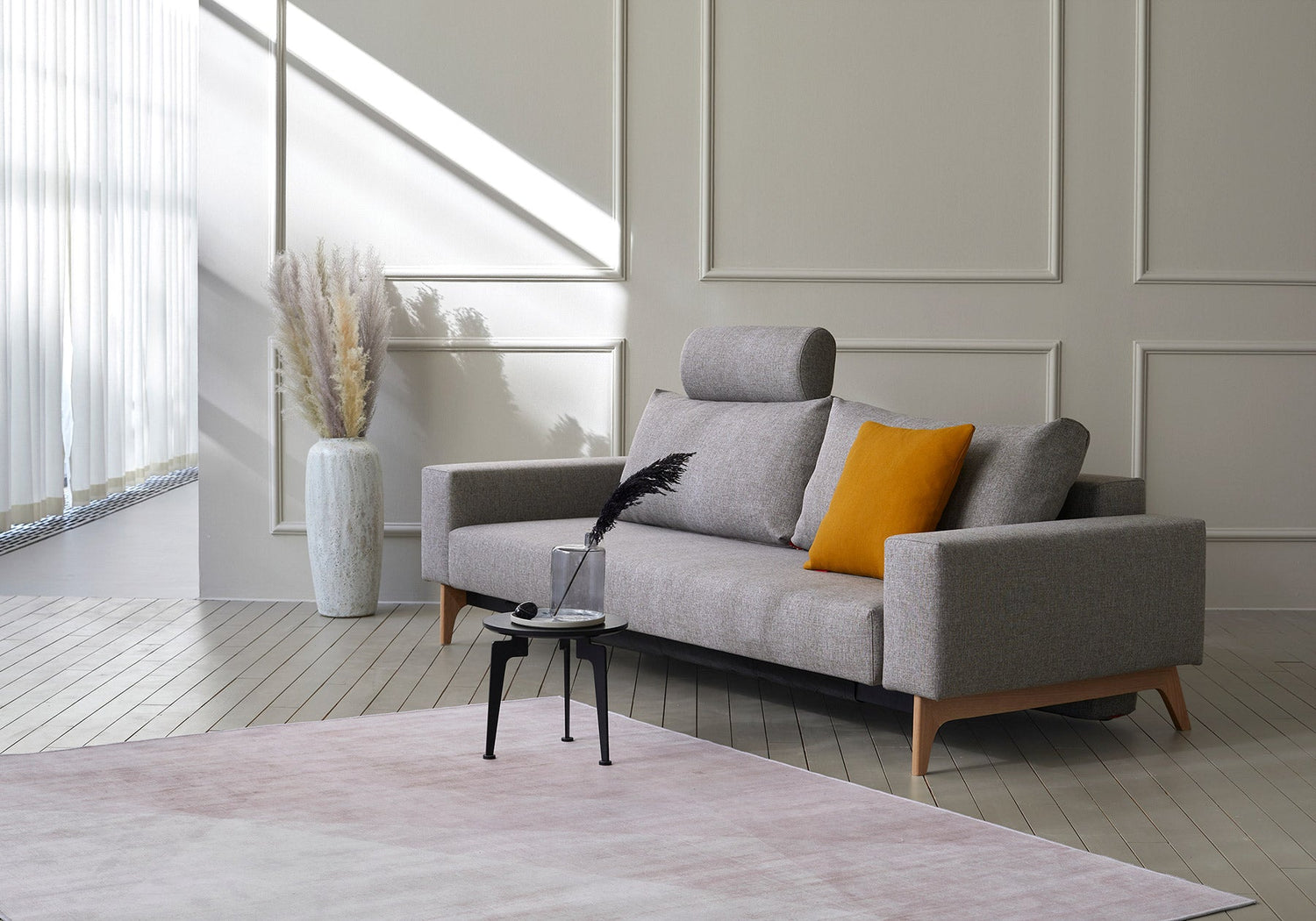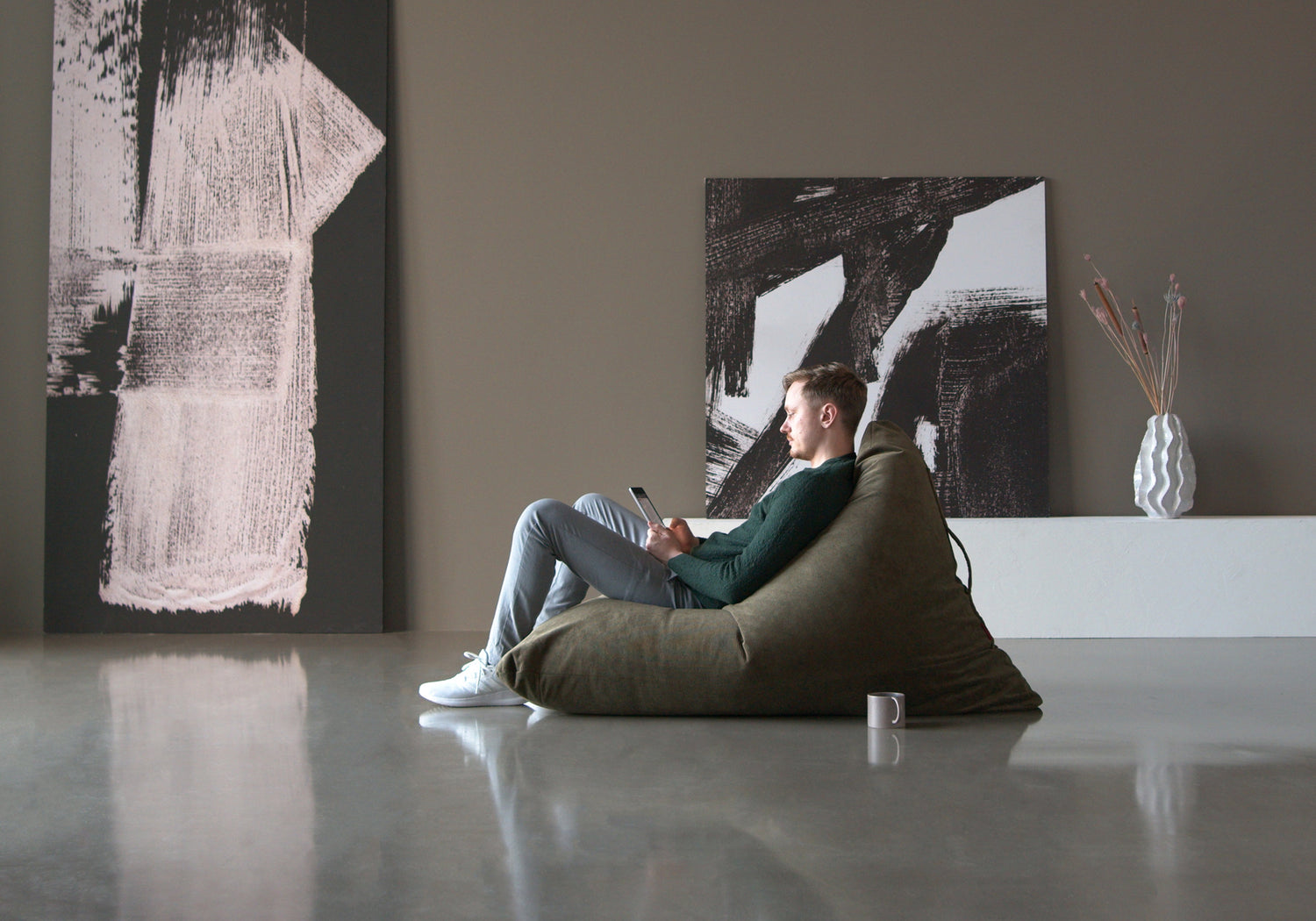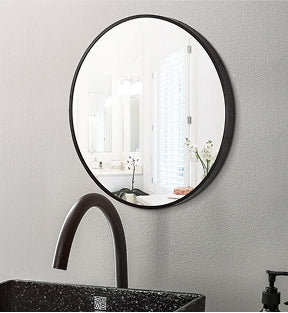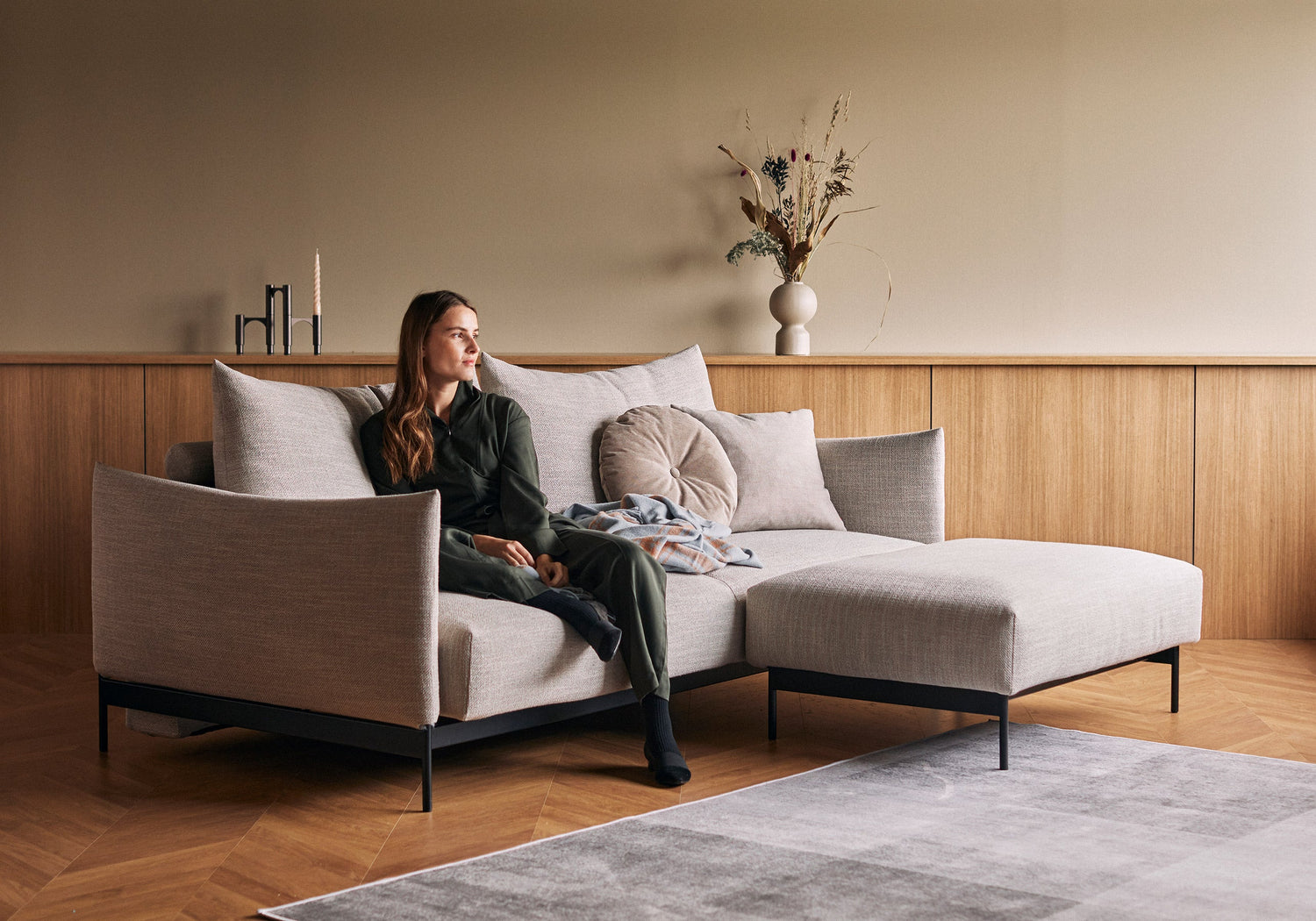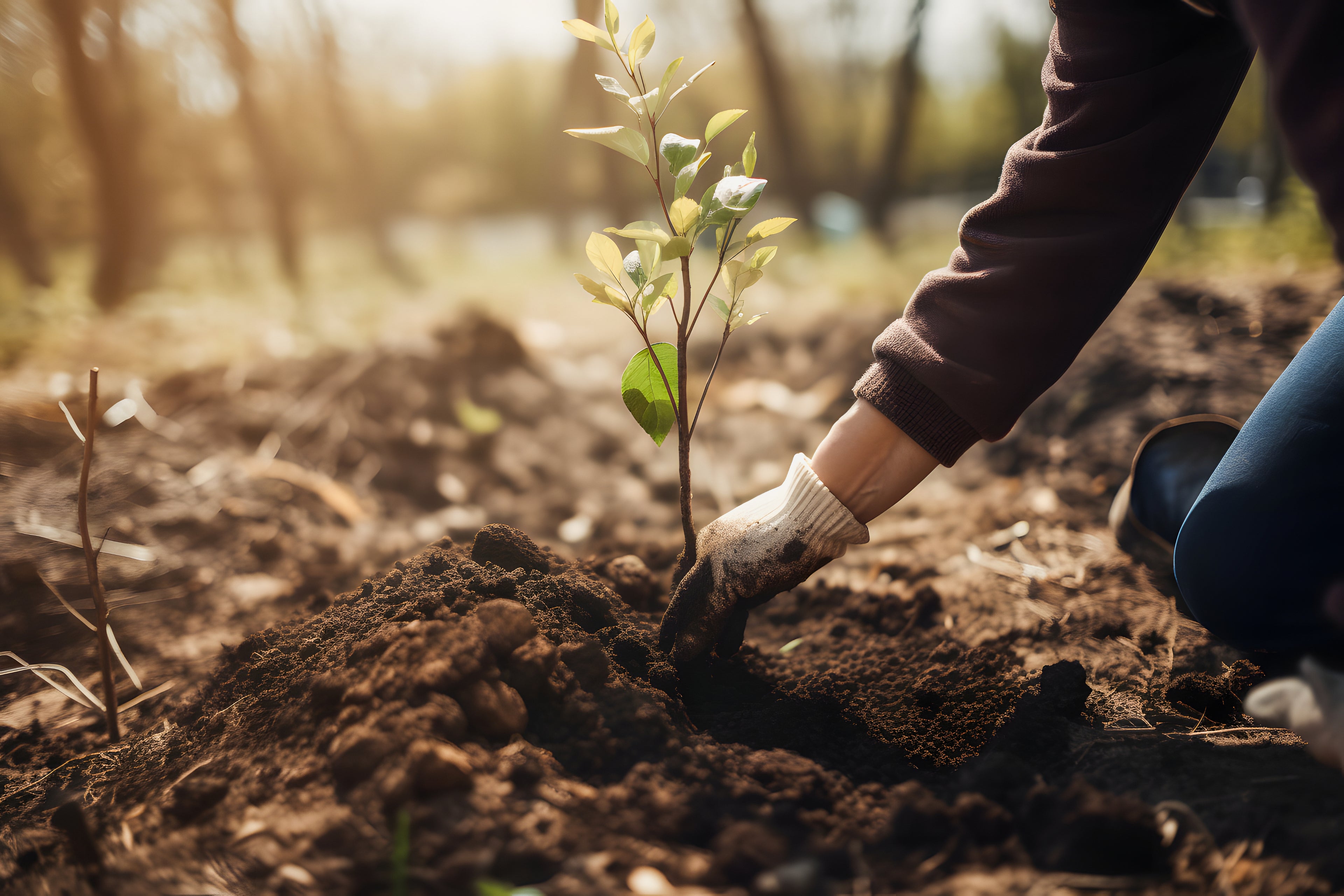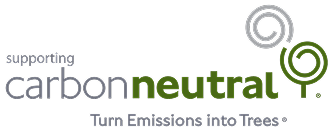Plant-a-Tree in Western Australia’s most ambitious regeneration project
The program is restoring the natural landscape and reconnecting habitats by linking small patches of remaining vegetation to create a 200km green corridor from inland to the coast.
Plant-a-Tree grows critical habitat for native wildlife on historically cleared land in a Global Biodiversity Hotspot.
As Carbon Neutral grows, the company is expanding its tree planting operations to offer a larger range of Plant-a-Tree products generated throughout Australia.
The Plant-A-Tree program is carried out by Carbon Neutral and aims to restore landscapes and reproduce natural ecosystems. For every invoice raised, customers will have the option to offset their purchase. For $15 per invoice you can choose to Carbon Offset your purchase. So far you have helped us plant a further 2000 Native trees since September 2019.
2023 was another successful year for the Yarra Yarra Biodiversity Corridor, as to date Carbon Neutral have now planted over 30 million trees!
Your involvement has not only helped grow Australia’s largest biodiverse carbon sink, but has contributed to 7 of the United Nations Sustainable Development Global Goals.
Another exciting and unexpected development this year in the YYBC, has seen a rare Woolley’s False Antechinus picked up on our wildlife cameras; testament that our goal of restoring the biodiverse habitat is working!

Creating Wildlife Habitats
In the small patches of vegetation that had survived the 20th century land clearing there is an amazing richness and diversity of plant and animal species. In 2014, in just two weeks of wildlife survey monitoring more than 450 species of flora, insects and birds were identified. This included 13 bird species of conservation significance as well as threatened species such as Malleefowl, Bush Stone-curlew, Carnaby’s Black-Cockatoo, Western Spiny-tailed Skink and the Woylie (Brush-tailed Bettong), as well as 30 species of conservation-significant native plants.
Global Biodiversity Hotspot
Carbon Neutral plantings are in the northern wheatbelt region of Southwest Australia, significantly one of only 35 global biodiversity hotspots. These are regions that have an exceptionally high number of plant and animal species found nowhere else in the world. The biodiversity hotspot label recognises that these plants, animals and ecosystems are at extreme risk of destruction.
The Yarra Yarra Biodiversity Corridor
The area along the Yarra Yarra Biodiversity Corridor was once vibrant with expansive woodlands of York gum and Salmon gum trees. But from the early 1900s europeans have cleared more than 97% of the vegetation so they could farm. Now, parts of the landscape are not suitable for traditional agriculture due to problem soils that are increasingly uneconomic to farm in a drying climate.
The Plant-A-Tree Program is part of a plan to eventually link small patches of remaining vegetation and 12 nature reserves to create a green corridor.
Our trees and shrubs are thriving and we’re helping re-invigorate local communities. Revegetation work supports local businesses and employs local people, including workers from Aboriginal communities. Activities such as sandalwood production and beekeeping are being developed to complement the planting and there are plans for bush tucker and eco-cultural tourism industries.





